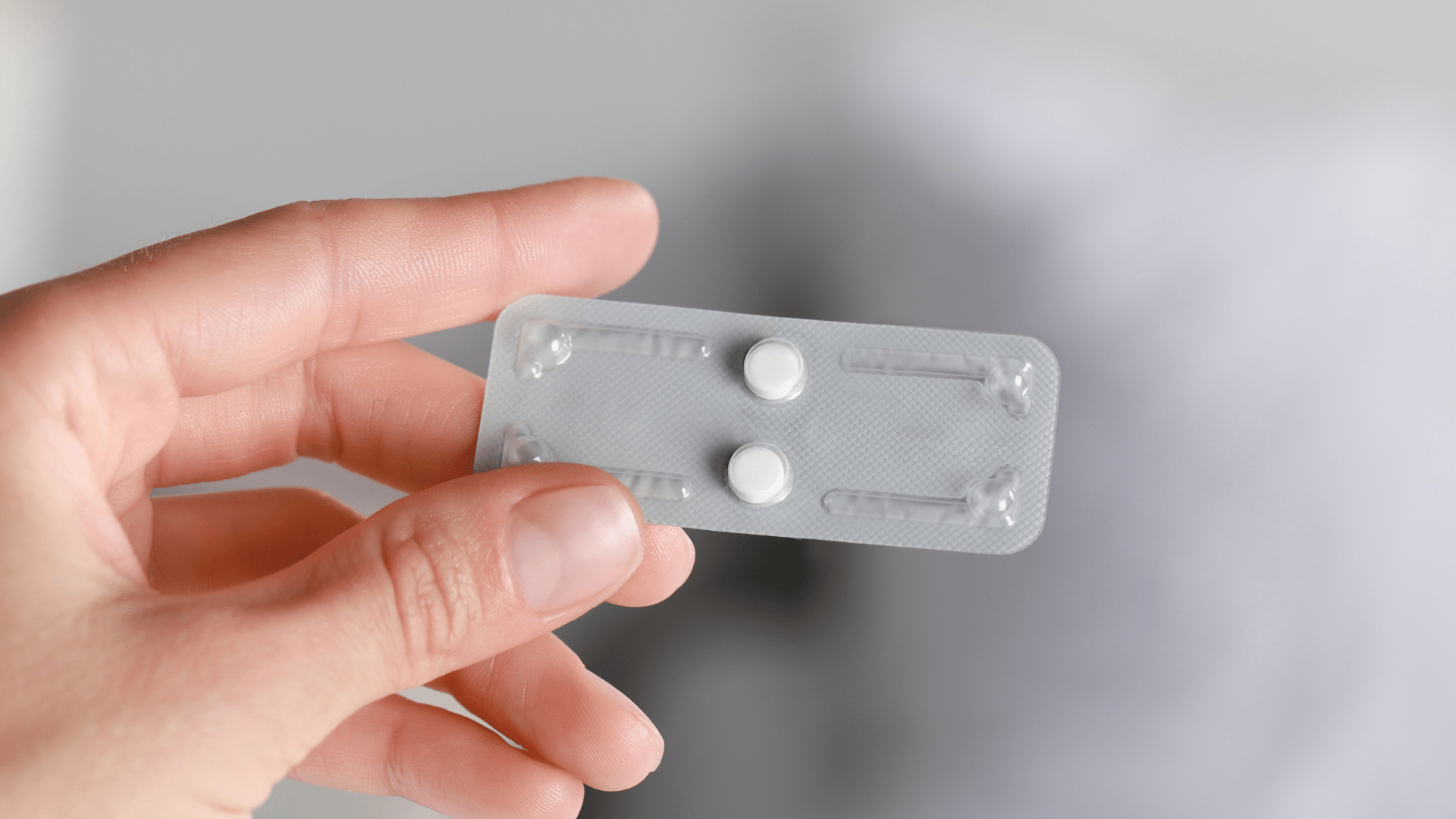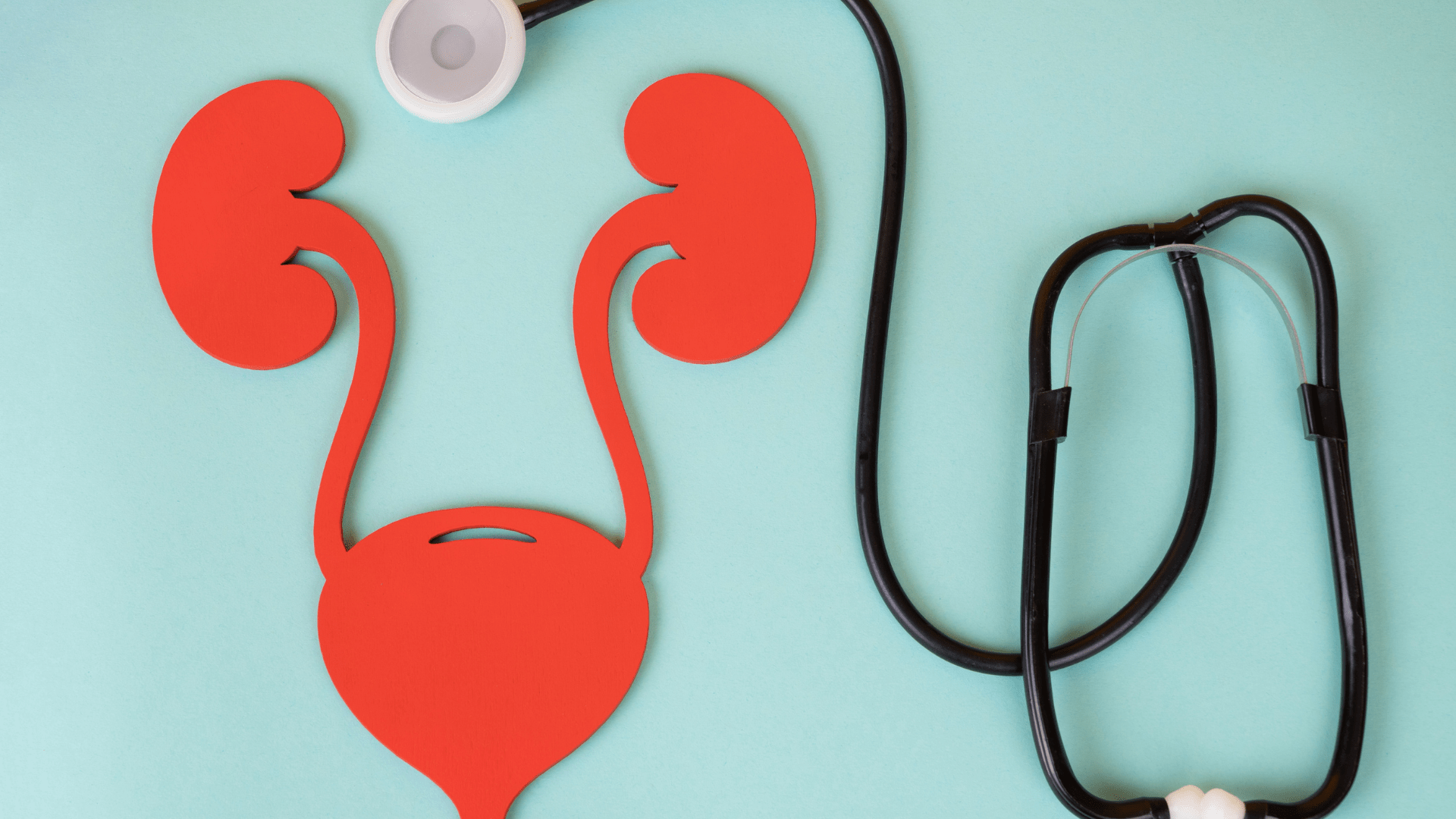You just had sex, and it was amazing. Then, you’re coming down from cloud 9, and you remember…the condom broke!
Or maybe you didn’t plan on having sex, but it happened, and now your mind is racing with thoughts of whether you could be pregnant.
Before you go into a deep spiral, let’s talk about emergency contraception, your literal Plan B, and how to use it effectively.
What Is Emergency Contraception?
Emergency contraception is any birth control method used after unprotected sex or another birth control failure to prevent pregnancy. Not before, not during, and definitely not when pregnancy has already occurred.
It simply works by delaying ovulation, the phase of your menstrual cycle when your ovary releases mature eggs. So, no egg = nothing for the sperm to fertilise = no baby.
Types of Emergency Contraception
There are 2 main types of emergency contraception:
- Emergency contraceptive pills, aka The Morning After Pill
- The Copper IUD, a lesser-known but highly effective option.
Morning After Pills
- Levonorgestrel pills (e.g., Postinor-2)
- Best taken within 72 hours (3 days) after unprotected sex.
- The sooner you take it, the better it works.
- It’s about 85% effective when taken correctly.
- Usually a single dose or two pills 12 hours apart (depending on the brand).
- Ulipristal acetate (e.g. ellaOne)
- It works up to 120 hours (5 days) after sex.
- It is slightly more effective than levonorgestrel, especially closer to ovulation.
Side note: Emergency pills won’t work if you’ve already ovulated, and they don’t protect you if you have sex again after taking them. So if you’re going to keep riding the wave, consider starting a reliable long-term method.
The Copper IUD
Most people don’t know this, but the copper IUD is the most effective emergency contraceptive.
- It is a small T-shaped device that is inserted into your womb.
- It can be inserted up to 5 days after unprotected sex.
- It is over 99% effective.
- It also doubles as a long-term birth control method that can last for up to 10 years. So if you want to kill two birds with one stone (emergency contraception and future protection), then the copper IUD is elite.
- Con? You’ll need to go to a clinic for it to be inserted by a licensed healthcare professional.
When Should You Take Emergency Contraception?
Emergency contraception can be used when you’ve had sex and you’re worried you could get pregnant for the following reasons:
- You didn’t use any type of birth control, even if he swore he pulled out.
- The condom broke or slipped during sex.
- You missed your birth control pills (especially more than one).
- You were sexually assaulted.
Possible Side Effects of Emergency Contraception
With all drugs, there are side effects. However, they are usually mild and temporary, and may include:
- Nausea or vomiting
- Breast tenderness
- Headache
- Irregular bleeding or spotting.
- Slight delay or change in your next period.
If you vomit within 2 hours of taking the pill, you might need another dose, so keep that in mind.
What’s Next After Taking Emergency Contraception?
- Track your period. It may come early or late, but if it delays more than 3 weeks, do a pregnancy test.
- Get tested for STIs, especially if the sex was unprotected.
- Consider starting regular birth control. Emergency contraception is great in an “emergency”, but it’s not water and is not meant for frequent use.
Final Thoughts
Emergency contraception isn’t some taboo thing for “careless girls.” It’s healthcare. It’s a smart response, especially when used right.
Knowledge is power, and power is sexy. So, save this article, and share it with your besties and loved ones.
References
Morning After Pill: Emergency Contraception & Side Effects
Emergency Contraception – Women’s Health Issues – MSD Manual Consumer Version





